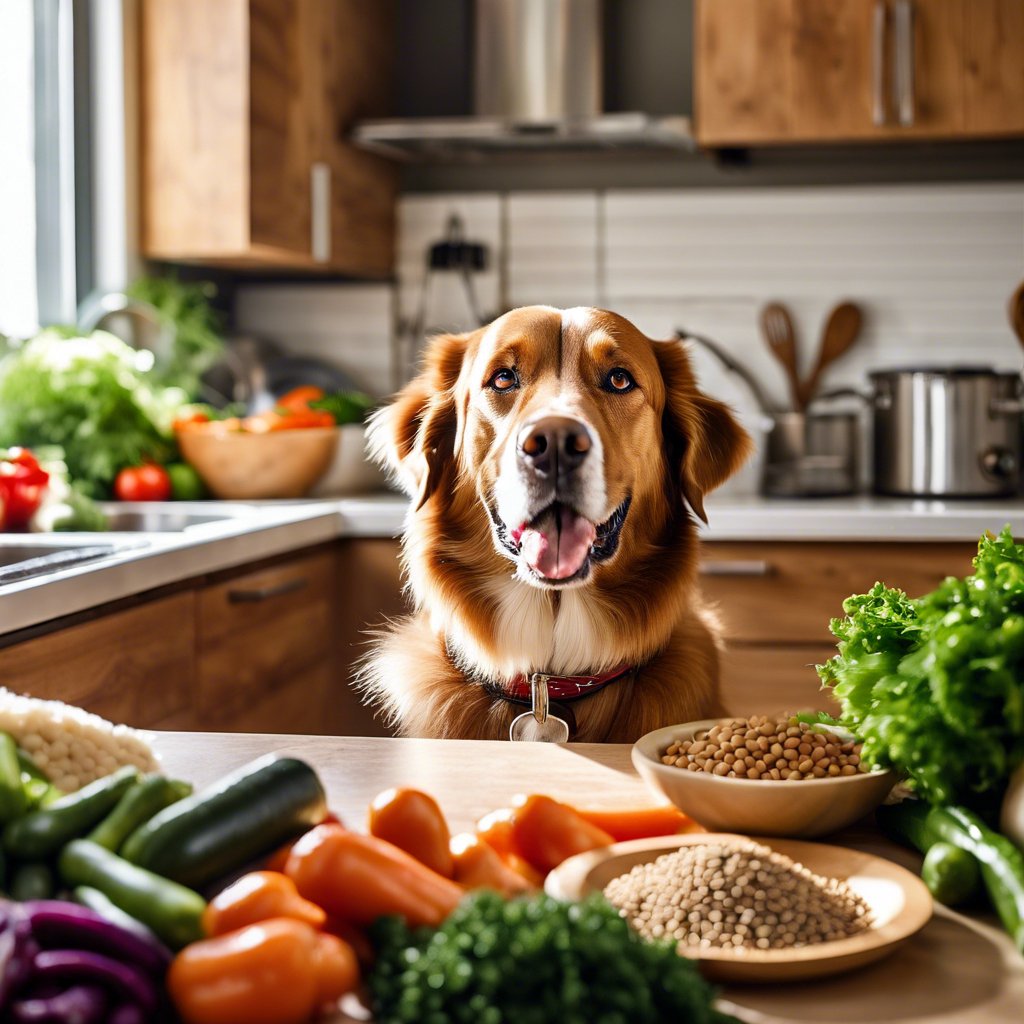Managing Food Allergies in Pets
Understanding the Triggers
Food allergies in pets can be challenging for both pets and their owners. Identifying what triggers these allergies is crucial for effective management. Unlike humans, pets can have allergic reactions to common ingredients found in their food, which can lead to discomfort and health issues.
Common allergens include:
- Beef
- Dairy
- Chicken
- Wheat
- Eggs
Recognizing these triggers is the first step toward ensuring your pet’s well-being. Watch for symptoms such as itching, gastrointestinal distress, or ear infections. If you notice these signs, it’s time to consult your veterinarian for a proper diagnosis.
Navigating Dietary Changes
Once you’ve identified the allergens affecting your pet, the next step is to make necessary dietary changes. Transitioning to a hypoallergenic diet can be a game changer for pets suffering from food allergies. However, it’s important to do this gradually to avoid upsetting their digestive system.
Here are some steps to consider when changing your pet’s diet:
- Consult with a veterinarian to choose the right hypoallergenic food.
- Introduce the new food slowly, mixing it with the old food.
- Monitor your pet for any adverse reactions during the transition.
- Stick to the new diet for at least 8-12 weeks to see if symptoms improve.
Always read ingredient labels carefully and avoid treats or human food that may contain allergens. Keeping your pet’s diet consistent is vital in managing their allergies effectively.
Long-term Management Strategies
Managing food allergies in pets is not a one-time event; it requires ongoing attention and care. A comprehensive management plan can help you and your pet live comfortably despite their allergies. Regular check-ups with your veterinarian can help monitor your pet’s health status and ensure their dietary needs are being met.
Consider these long-term strategies to keep your pet healthy:
- Regular veterinary check-ups to monitor for new allergies.
- Maintaining a strict diet and avoiding any known allergens.
- Keeping a food diary to track your pet’s reactions to various foods.
- Educating family and friends about your pet’s dietary restrictions.
With the right approach and commitment, you can help your pet lead a happy and healthy life free from the discomfort of food allergies.
Share this content:



